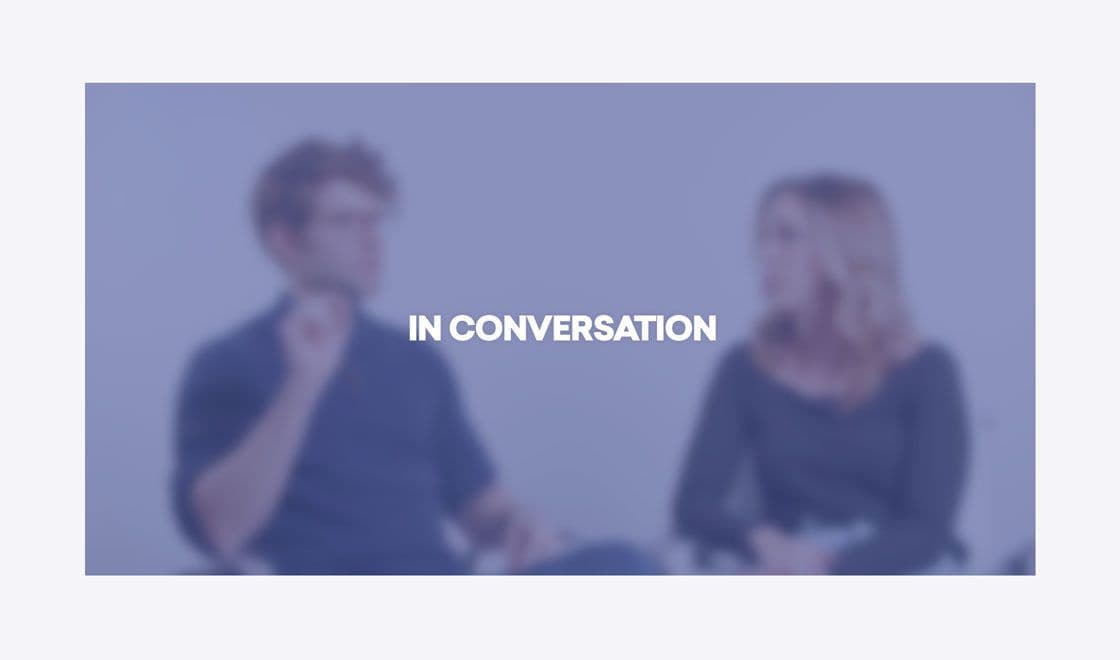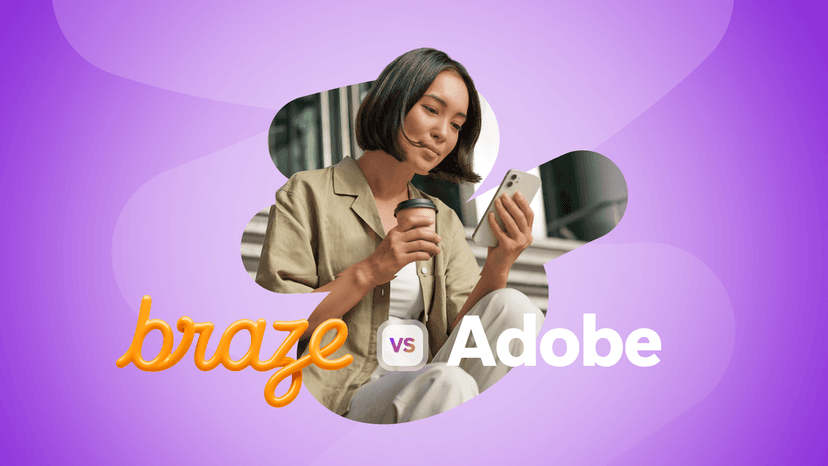In Conversation: UX at Braze
Published on November 06, 2018/Last edited on November 06, 2018/4 min read


Kelsey Cottingham
Editor, Content Marketing at BrazeAt Braze, our mission is to humanize connections between people and the brands they love. Though we’re a B2B company, it’s always been a key goal of ours to help brands strengthen this B2C experience. To do that, we have to empower our customers to do great work. We’ve got several teams whose exact purpose is just that—from our Support team, to our Success team, and our account managers. These are all client-facing teams who work every day to help our customers navigate and get the most out of our product. That’s not all, though. Behind the scenes, our Product and Engineering teams are constantly working to improve and innovate, not only on the tools we have, but also on the experience that comes with using those tools.
In our first installation of “In Conversation,” a new video series from Braze Magazine, we’ve asked Success Team Lead Scott Dzialo and Product Designer Liza Timmins to dive in further, discussing user experience at Braze from the Customer Success and product design standpoints.
Identifying and Prioritizing User Experience Improvements at Braze
When it comes to identifying and prioritizing UX improvements, our customers are a huge source of information. Dzialo says, “With a tool like Braze, you’re using it for your daily marketing communications. So almost all of our clients are going to be in the dashboard working on campaigns pretty much from the moment they get into the office, maybe until the time that they leave.” The Braze team is constantly having conversations with our customers to figure out what’s working, what’s not, which features maybe take a little too long to get the hang of. Afterall, who better to help inform our product improvements, than the people who are in it day in and day out?
Those signals come into our Product team from all over the company—from the customer-centric Success team to the Sales team members who have a pulse on the goings-on in the market. Then, through usage metric analysis, customer conversations, and other factors, they’re able to prioritize which updates are made when. At the end of the day, it’s a cross-team collaboration, with our customers serving as key players.
Qualitative vs. Quantitative Feedback and How They Affect Product Decisions
Quantitative data is the “what” (think numbers and usage metrics), while qualitative feedback is more the “why.” Liza explains, “numbers only tell half of the story, whereas sitting with our customers watching them use the tools, listening to their goals and what they want to achieve, and learning their strategies is really interesting—it’s where the most insightful things come out of the conversations.” We’ve been talking about “the human factor” a lot lately at Braze, and our user experience process is no exception. Numbers and metrics matter, they’re hugely important, but to Scott’s point: “If we get too bogged down in those numbers you can sometimes miss the human quality behind everything.”
Favorite Product Features and the Design Process that Got Us There
For Scott, the segementer is where it’s at. “It’s a backbone; it’s been around since our earliest days...it had one purpose—to slice and dice your audience to make sure you’re sending messages to just the right audience. It’s really through user interviews that we discovered people were using the tool in much broader ways.” As it turns out, the segementer is a powerful BI tool, and oftentimes customers were using it to glean insights for their campaigns.
Liza, admitting her bias as a member of the messaging and automation team, lists Canvas as her favorite feature. “It’s stitching together campaigns, really truly creating something that is lifecycle marketing, and there’s a lot of opportunity for growth within Canvas.” While we’re constantly working to better all of our features, Canvas has a bit of a special place in our hearts at Braze, because it was actually born from needs identified by our customers. “It’s a little poetic,” Dzialo states,” we created Canvas based on feedback we got in user interviews and now we’re going to continue refining Canvas based off of further interviews.”
Like anything we do at Braze, the customer is at the center of the process when it comes to improving our platform. Design is a process that is never really over, it’s living and breathing and evolving all the time. At the end of the day, we’re grateful to our customers for working with us over the years to build the amazing platform we have today, and we’re excited for the changes yet to come.
Related Tags
Be Absolutely Engaging.™
Sign up for regular updates from Braze.
Related Content
 Article6 min read
Article6 min readData agility at a massive scale: How the Braze Data Platform supports customer engagement
February 23, 2026 Article13 min read
Article13 min readBraze vs Salesforce: Which customer engagement platform is right for your business?
February 19, 2026 Article18 min read
Article18 min readBraze vs Adobe: Which customer engagement platform is right for your brand?
February 19, 2026